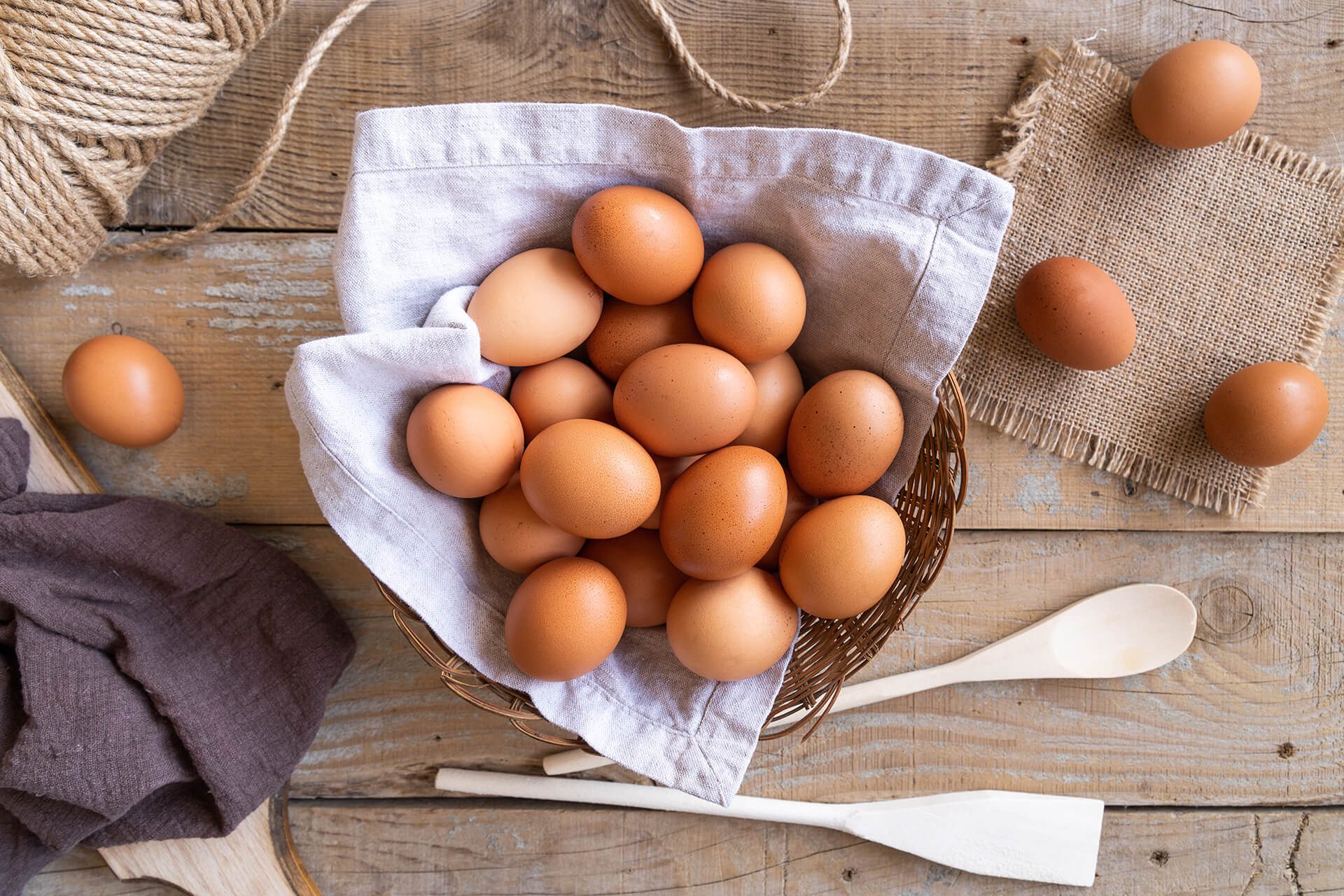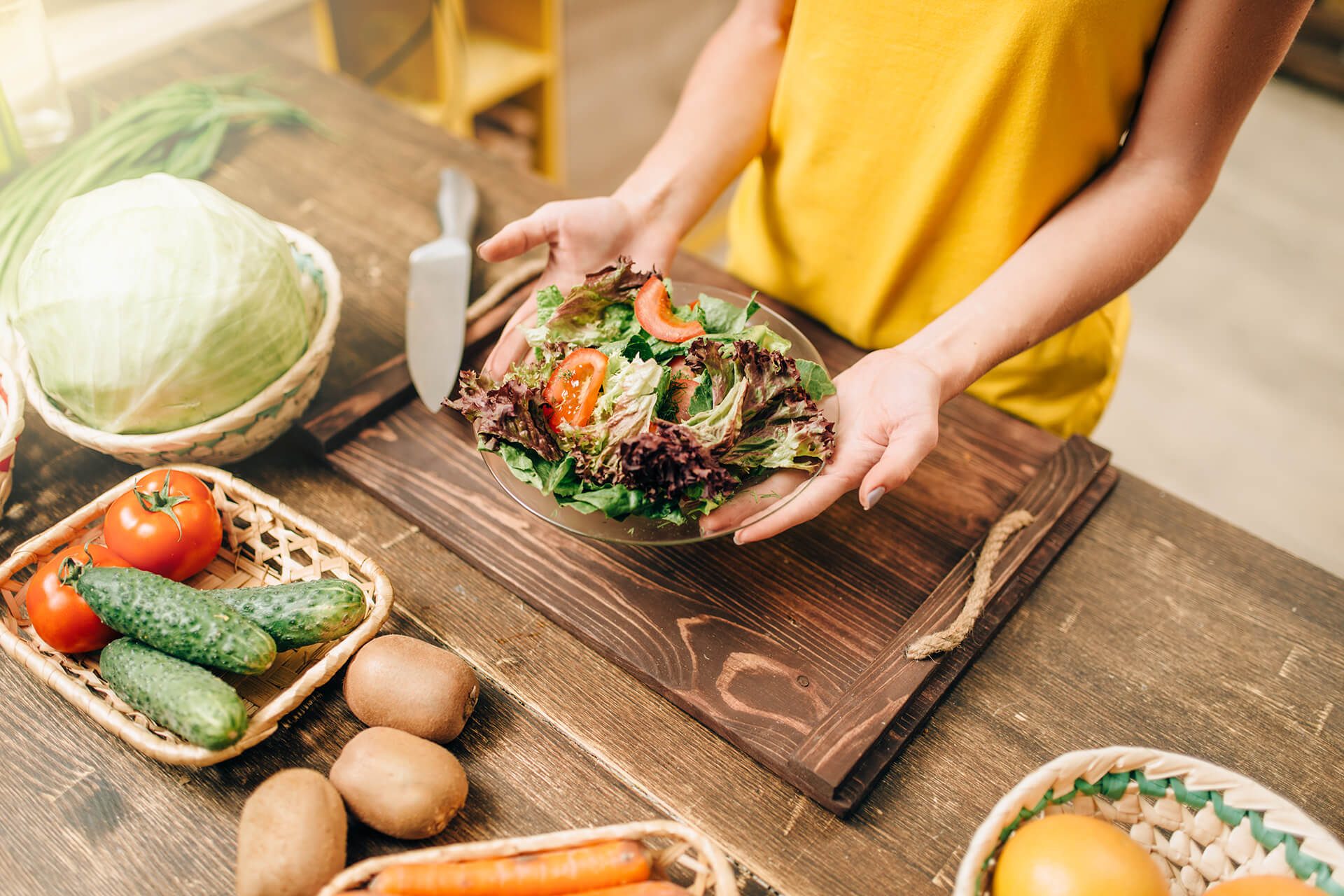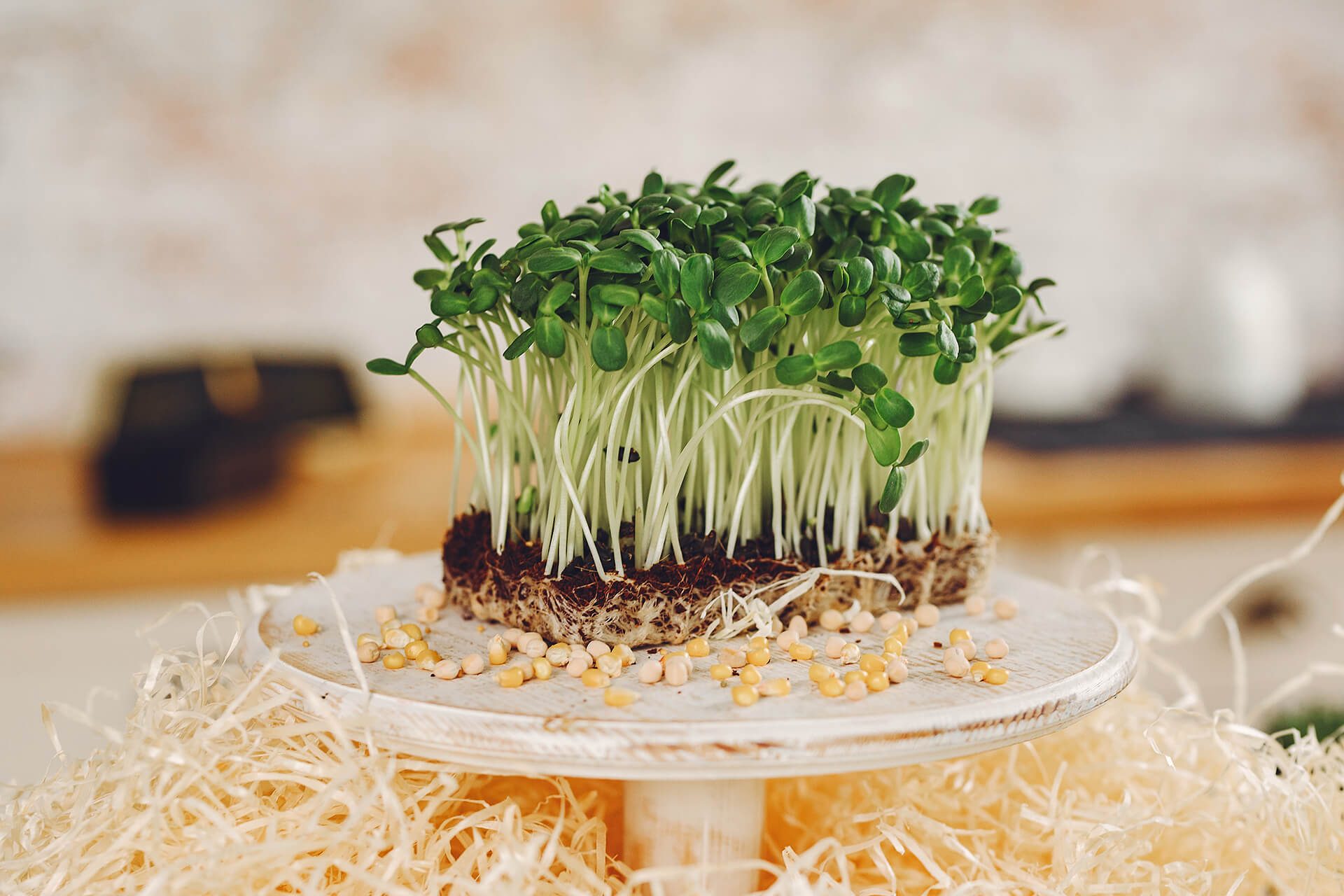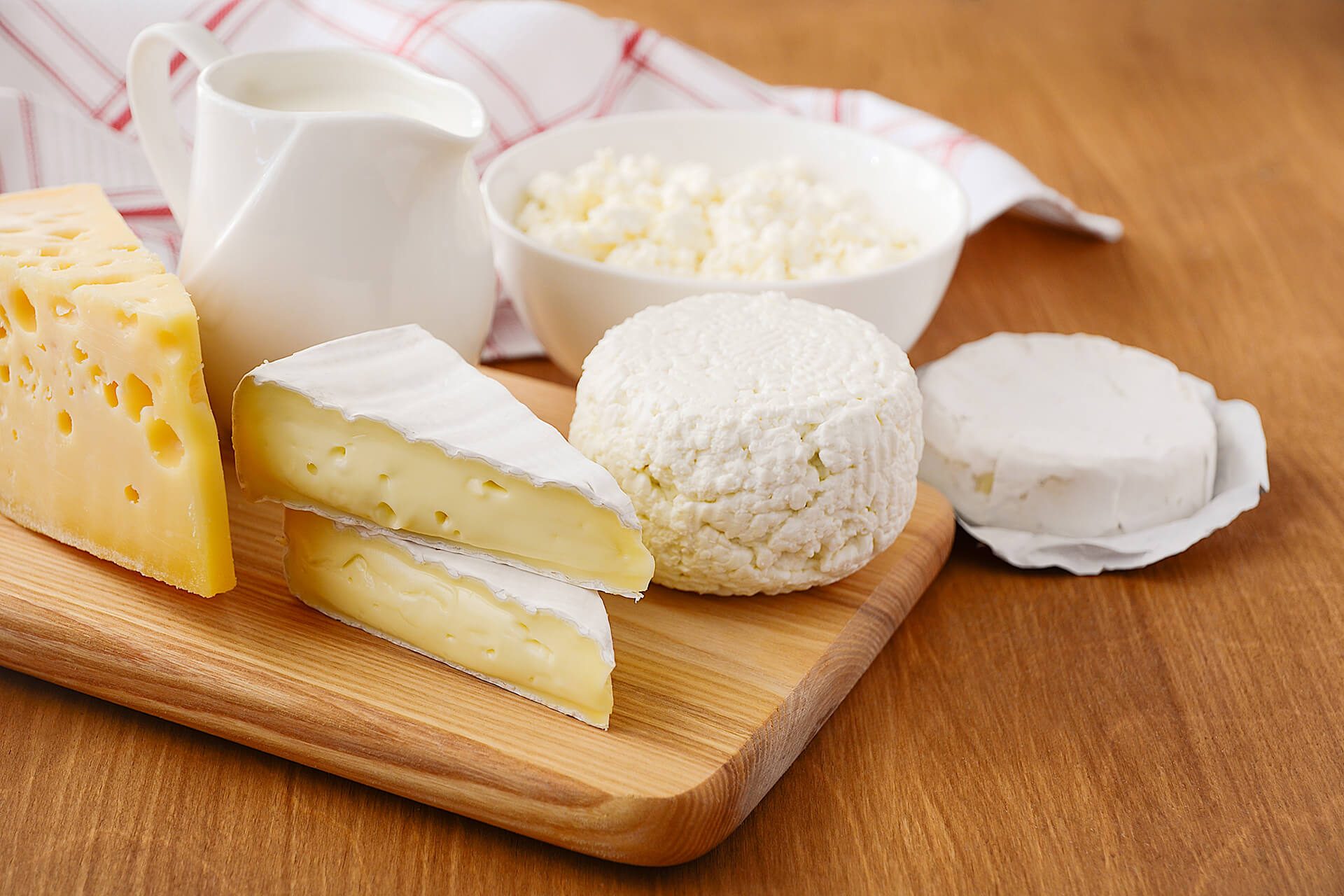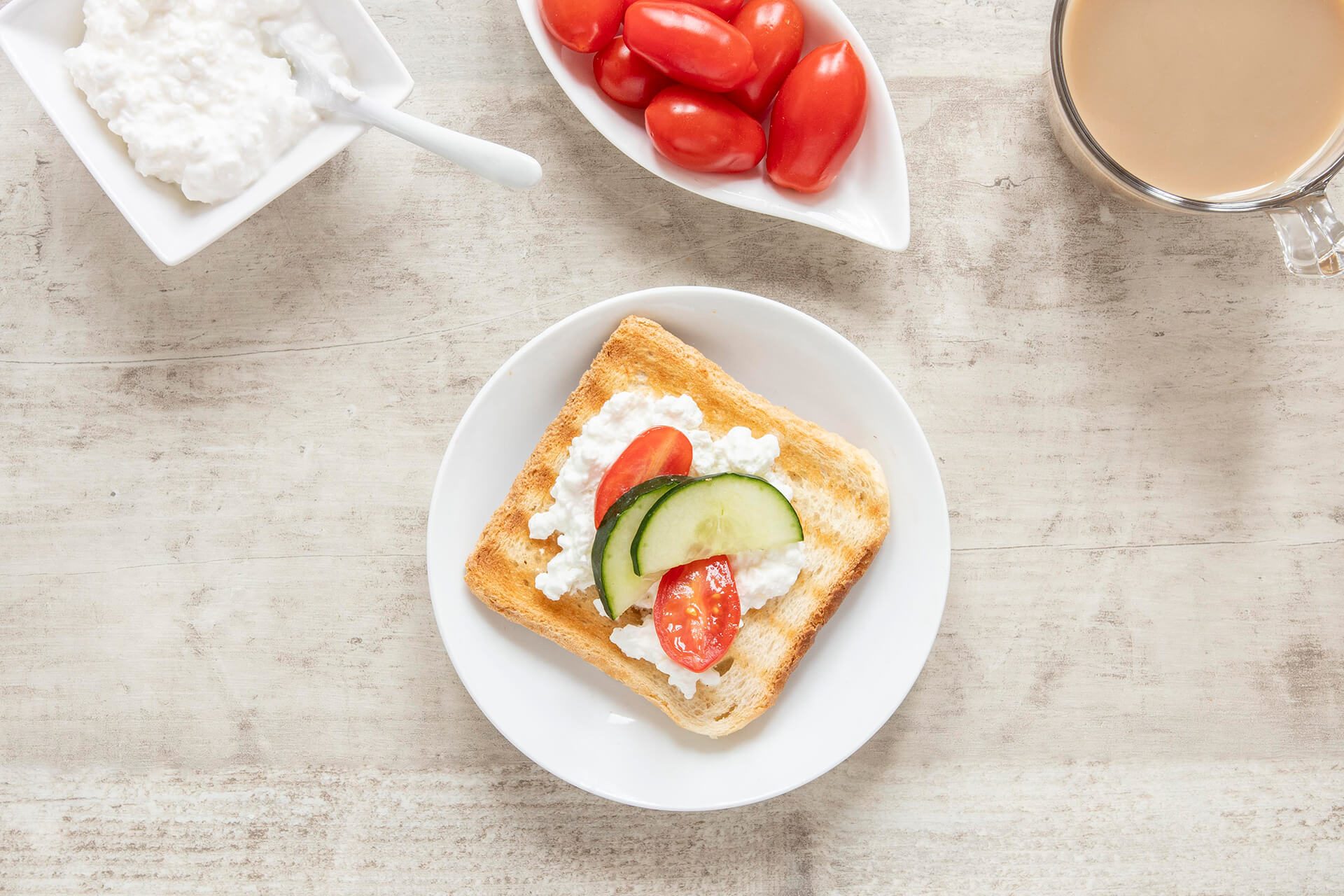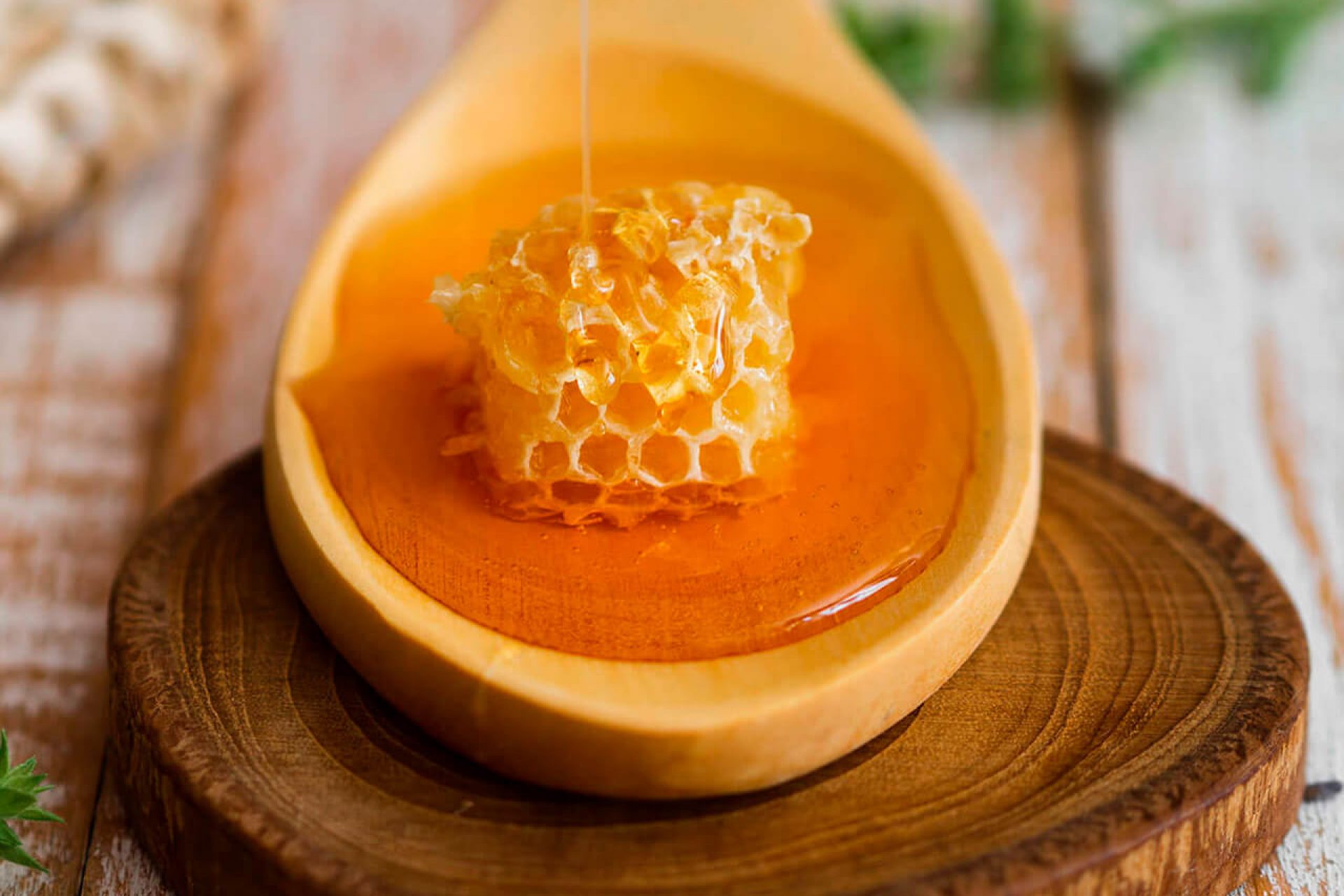Go Zero Waste, Our Top Ten Tips
Whilst most of the UK spends more time indoors, either distancing or working from home, it’s imperative to make sure you’re still getting enough vitamin D. Health & Bodycare team member and qualified nutritionist from Planet Organic’s Queen’s Park branch, talks us through the importance of vitamin D and explains why we need it, how we get it and how best to introduce vitamin D supplements into our daily routines. Vitamin D is a fat-soluble vitamin and hormone. Almost all human cells contain vitamin D receptors, thus its functions are widespread. The action of vitamin D is unique in that it can influence our genetic material. Evidence suggests that vitamin D regulates up to 200 key human genes.
Vitamin D exists in two forms, vitamin D2 (ergocalciferol) and vitamin D3 (cholecalciferol). Animal dietary sources contain vitamin D3, whereas plant dietary sources contain vitamin D2. “The Sunshine Vitamin” UVB sun rays convert provitamin D (cholesterol) present in human skin into vitamin D3. Thus, vitamin D is also referred to as “the sunshine vitamin”.

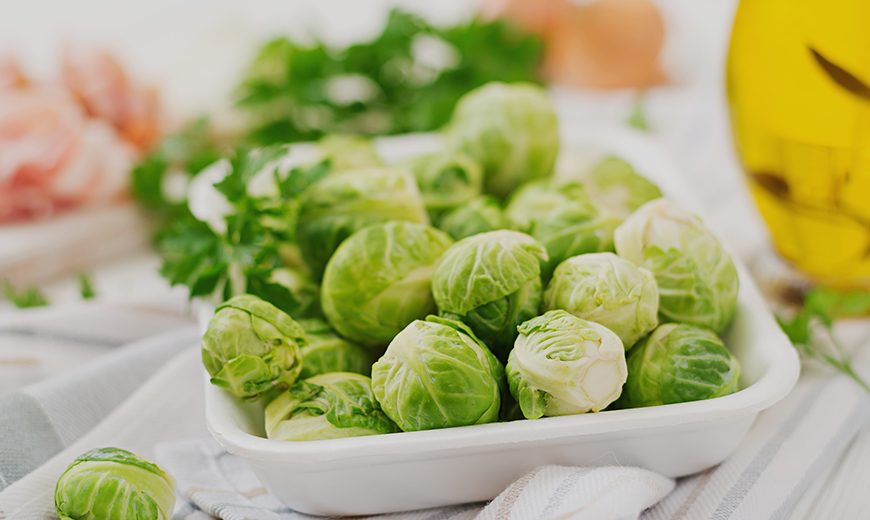
Which is the Preferred Form of Vitamin D?
To reap the many rewards of vitamin D, we need to maintain optimal blood levels. The preferred form of vitamin D is D3, this is because it is more effective than D2 at raising blood levels of vitamin D. What is the Unit of Measure for Vitamin D? Vitamin D is expressed in either international units (IU) or micrograms (mcg or μg). 1 IU of vitamin D equates to 0.025 mcg. Conversely, 1 mcg of vitamin D equates to 40 IU. This is true regardless of its origin (plant, animal, sun).
Vegans and vegetarians have no other choice than to utilise the sun to meet their daily needs. This is because plant sources are scarce and are only in the unfavourable form of vitamin D2. To keep your levels within an optimal range, it is wise to consider taking a vitamin D supplement. This is because many factors affect our ability to produce vitamin D from sunlight. Vitamin D supplements are also essential for those abstaining from sun exposure. As well as for those who do not consume vitamin D3 rich foods. Other high-risk groups include; pregnant women, the elderly and people with obesity.
There are no secrets to success. It is the result of preparation, hard work, and learning failure. OLIVER SANDERO


